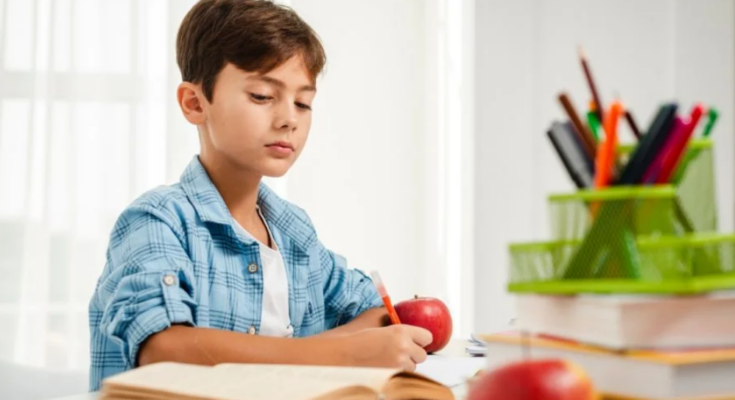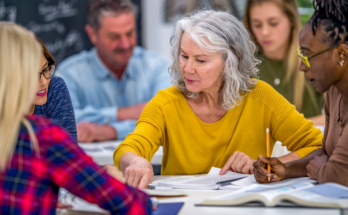Children who struggle with learning frequently encounter obstacles that can impair their academic achievement. But a disciplined and encouraging study space can make all the difference. Parents and teachers can assist these kids in gaining confidence and creating productive study habits by using study strategies that are unique to their requirements.
1. Make things simpler
For children who learn slowly, large projects can be daunting. Reducing anxiety and increasing focus can be achieved by dividing tasks into smaller, more manageable chunks. Children should be encouraged by their parents and teachers to establish clear objectives for each study session. Children can develop confidence as they finish each task by taking things one step at a time.
2. Give constructive criticism
Children with learning disabilities need to have their accomplishments, no matter how minor, celebrated in order to develop self-esteem. Children who receive positive reinforcement are more likely to remain motivated and involved in their education. When it is acceptable, parents and teachers should commend them and offer prizes for their efforts. This assistance promotes perseverance and a passion for learning.
3. Promote candid dialogue
It is crucial to promote candid communication between kids, parents, and educators. Effective support customization can be achieved by regular conversations about what tactics are working or where difficulties exist. By being aware of the child’s needs and preferences, parents and teachers can modify these methods to help in learning.
4. Include multisensory education
Using a variety of senses, multisensory learning helps solidify ideas. Learning can become more participatory, for instance, by utilizing tactile materials like clay or manipulatives. Hearing, seeing, and touching exercises help improve comprehension and memory. Children who typically struggle with learning can greatly benefit from this method, which accommodates different learning styles.
5. Establish a study space free from distractions
Any student can become distracted by a busy or noisy environment, but kids with learning difficulties may find it especially difficult. Children can concentrate better on their work if a dedicated study area free from interruptions is created. Children will find it simpler to focus and participate in their studies if this space is well-lit, well-stocked with essentials, and well-organized.
Parents and teachers can support children with learning disabilities in creating productive study habits that meet their needs by putting these study recommendations into practice. These kids can overcome obstacles and achieve academic success with the correct help and techniques.
6. Include visual learning
Children with learning disabilities might benefit greatly from visual assistance. Adding charts, graphs, and vibrant pictures can aid in simplifying difficult ideas. Visual aids can improve memory recall by reinforcing learning and serving as a point of reference. Making flashcards with images and keywords can also help in learning vital information and language.



